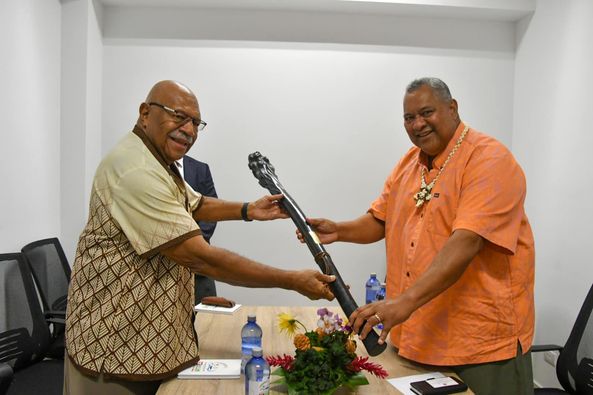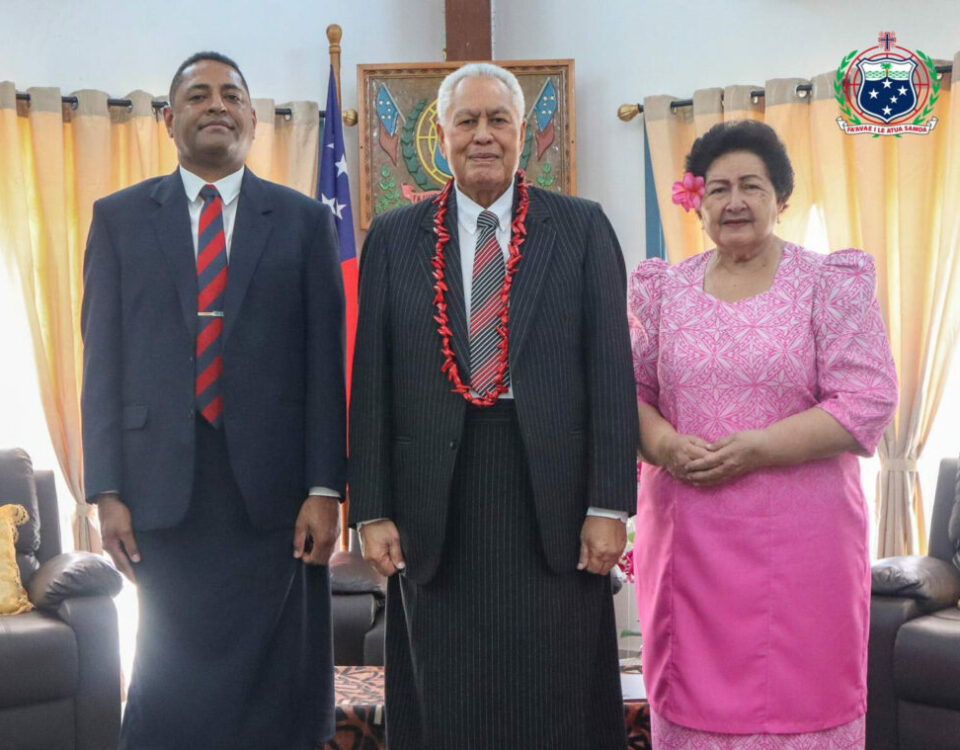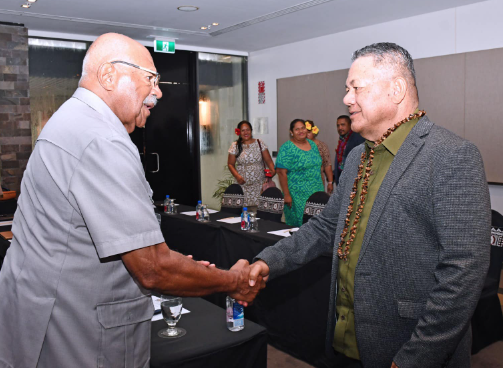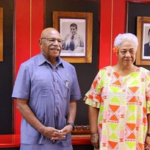
Prime Minister Rabuka and Prime Minister Mata’afa Discuss Development Objectives
03/06/2023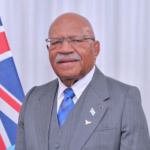
PRIME MINISTER RABUKA ON OFFICIAL VISIT TO AOTEAROA NEW ZEALAND
06/06/2023Published On: 05/06/2023
In his recent visit to Samoa Prime Minister Sitiveni Rabuka thanked Fijians living in Samoa for continuing to send money to family members back home.
He told those in attendance that remittances have been the largest foreign exchange earner that has helped to keep the economy afloat.
“I want to pay tribute at this stage to all the people of Fiji, including all her children in the diaspora and the important contributions you continue to make to your families back home, and the nation as a whole,” Prime Minister Rabuka said.
The Prime Minister also provided an update on national developments back home.
“We have seen this with the recent Girmitiya and Ratu Sukuna Day celebration as well as the meeting of the Great Council of Chiefs, the Bose Levu Vakaturaga on the chiefly island of Bau last week.
“The peoples’ confidence in the government inspires us to do more – your support means a lot to us. We are doing well in many ways, but we need to be grounded in reality.”
Prime Minister Rabuka said the Government is acutely aware, that before the results can be seen, they must first deal with big challenges and problems such as the national debt and diminished economic capacity.
“You all know Fiji is weighed down with a record level of debt. Our Coalition’s aim is to manage this prudently while preserving the ability to meet our commitments to you and to Fiji as a whole. Those commitments are to give the people of Fiji the services and amenities to which they are entitled,” he said.
“We have to restore basic services such as water supply and roads. Our existing infrastructure needs immediate attention, which we are trying to do right now. This will cause some financial pains. But when it is over we can move forward with confidence.”
Questions raised by members of the Fijian community included the appointment of a Roving Ambassador, the establishment of a consular service, participation in postal voting and the issue of women using their marital names or the name in their birth certificate in official documentation.



